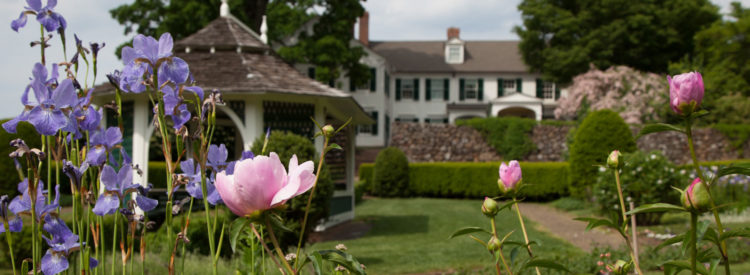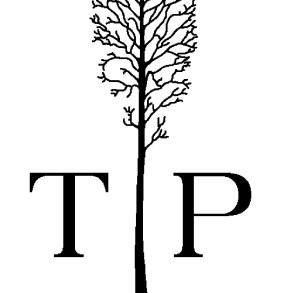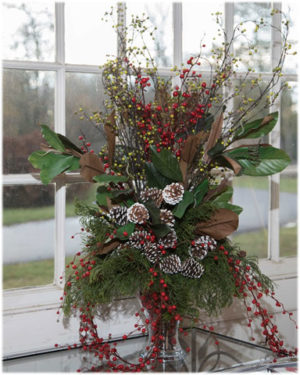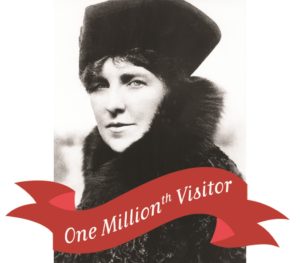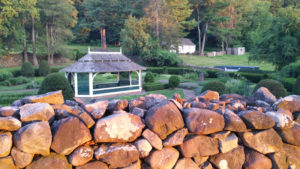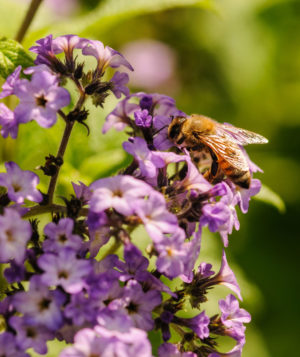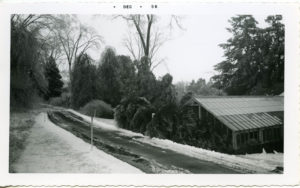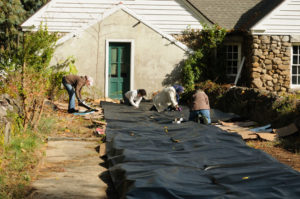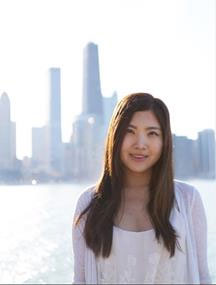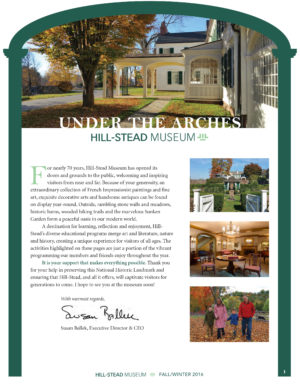Tupelo Press is delighted to announce that Major Jackson has selected Chaun Ballard as the winner of the 2018 Sunken Garden Poetry Prize!
Chaun Ballard will be reading at the Sunken Garden Poetry Festival on July 11, 2018. For details, see our Calendar.
Flight by Chaun Ballard

Chaun Ballard was raised in St. Louis, Missouri, and San Bernardino, California, and has an MFA from the University of Alaska, Anchorage. For eight years now, he and his wife have been teaching in the Middle East and West Africa. Chaun Ballard’s poems have appeared or are forthcoming in ANMLY (FKA Drunken Boat), Columbia Poetry Review, Frontier Poetry, Pittsburgh Poetry Review, Puerto del Sol, Rattle, and other literary magazines. His work has received nominations for both Best of the Net and a Pushcart Prize.
The poems in Flight unspool a rich and charmed history of survival into songs that celebrate the miracle of endurance in a country defined by the peculiar phenomenon of race; many of the poems in this collection explore (or allude to) the death of Michael Brown in Ferguson with a brilliance that is underscored by the poets’ extraordinary sense of sound to etch a new reality in our ears. Here the poet employs the perennial powers of poetic forms (pantoum, ghazals, and sonnets, not to mention the Stevens imitation of 13 Ways of Looking at a Blackbird) to refresh staid conversations and to lyrically give voice to the good fortune of travel and language. Whether reveling in having reached middle-age or recalling that fateful day, September 11th, Flight issues its own battle cry and imaginatively addresses one of the great complexities of our time.
—Judge’s Citation by Major Jackson
Finalists
Symptoms by Nava EtShalom
Adoption by Adam Falkner
Dislocated Cities by Lisa Hiton
Speyer by Lisa Hiton
Where’s The Heat by Maggie Millner
Subnivean by Emily Pittinos
One Sentence To Save in a Cataclysm by Stephanie Strickland
Hallelujah in a Dead Tongue by Mark Wagenaar
What Follows by H.R. Webster
Semifinalists
In the Herald of Improbable Fortunes by Robert Campbell
Desert Selkie by Avra Elliott
Year of the Girl by Karen Harryman
The Old Works by Whittney Jones
Sublingual by Joan Kane
Big Man by Michael Marberry
Sympathy by Dusty Neu
Respira by Valorie Ruiz
This Late Hour by Joe Wilkins
The Escapist: Poems by Marco Yan
We’d like to recognize and thank so very appreciatively our extraordinary panel of preliminary readers: Maureen Alsop, Claudia Cortese, Noah Falck, Toby Martinez de las Rivas, Michael Robins, Henk Rossouw, Shelly Taylor, and Allison Titus.
